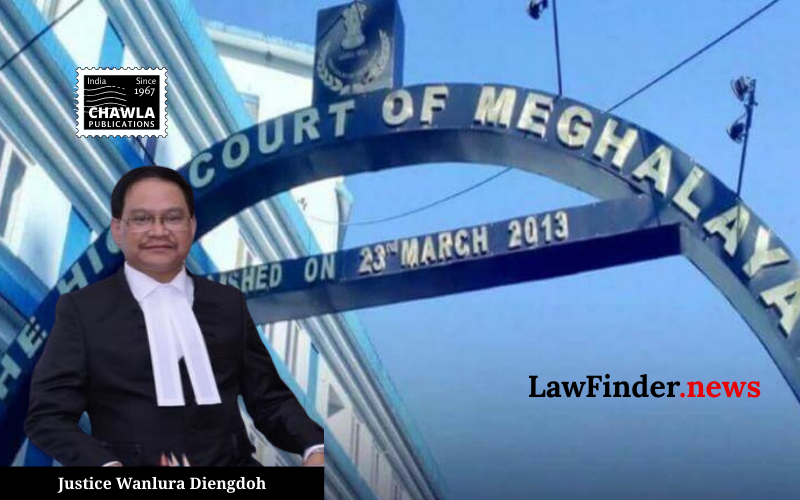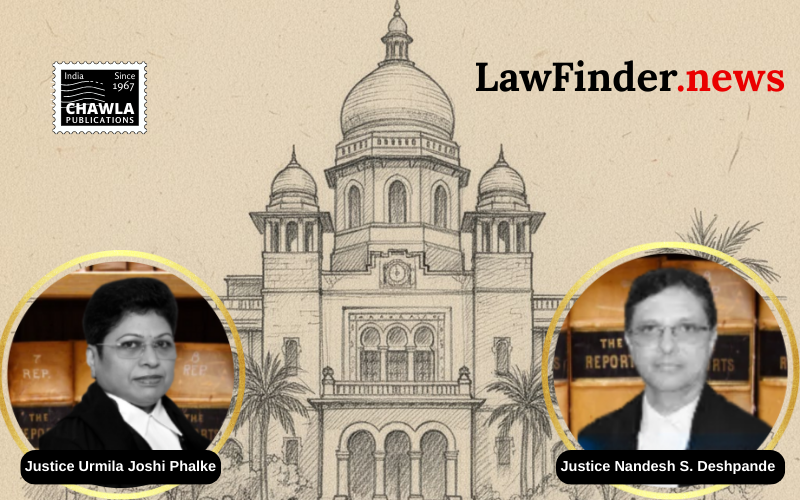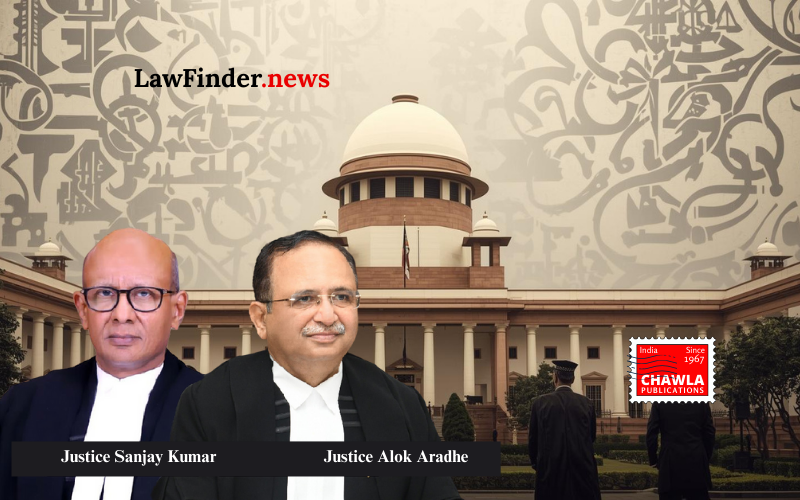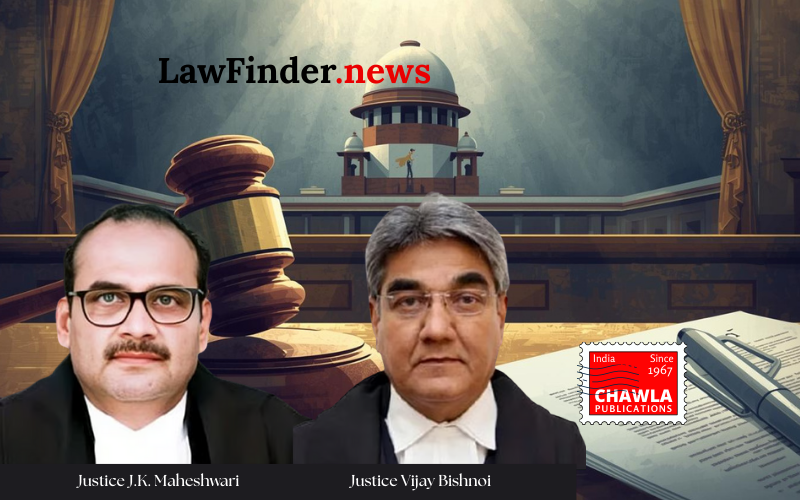Medical Negligence - Expert medical opinion must before issuing process in cases involving of medical negligence

Magistrate Directed to Constitute Medical Board to Assess Allegations Before Issuing Process
News Report:
In a significant judicial development, the Calcutta High Court has remanded a case involving allegations of medical negligence back to the Magistrate for a fresh inquiry, emphasizing the necessity of an exhaustive investigation before proceeding under Section 304A of the Indian Penal Code (IPC). The case, titled "Dr. Ravi Ganesh Bharadwaj v. Ranjit Sarkar," pertains to a complaint filed against Dr. Ravi Ganesh Bharadwaj and others for alleged negligence leading to the death of the complainant's son.
The judgment, delivered by Justice Dr. Ajoy Kumar Mukherjee on September 17, 2025, criticizes the Magistrate for issuing process without conducting the mandatory inquiry required under Section 202 of the Criminal Procedure Code (CrPC), especially when the accused resides outside the court's jurisdiction. The Magistrate's order dated March 4, 2017, which initiated the process against the doctors, was set aside due to its inadequate rationale and lack of proper examination of the allegations.
In the original complaint, Ranjit Sarkar alleged that his son was admitted to ILS Hospital following a fall, and despite severe abdominal pain, the attending doctors failed to conduct necessary investigations, which allegedly led to his son's death. The complaint accused the doctors of administering anti-coagulant injections recklessly, causing massive hemorrhagic shock and subsequent death.
Justice Mukherjee highlighted the importance of obtaining expert medical opinions before prosecuting medical professionals under criminal law. He referenced the Supreme Court's guidelines in Jacob Mathew v. State of Punjab, stressing that a credible medical opinion from a competent authority is crucial to substantiate claims of criminal negligence.
The High Court has instructed the Magistrate to form a Medical Board comprising at least three government-employed medical officers, including an orthopaedic expert, to review all medical documents related to the case. The Board is expected to provide an impartial and unbiased opinion on whether the actions of the accused doctors amount to negligence under the guidelines established by the Supreme Court.
This ruling underscores the judiciary's cautious approach in cases involving medical professionals, balancing the need to hold negligent parties accountable while protecting doctors from frivolous litigation. The decision aims to ensure that only meritorious cases proceed to trial, thereby safeguarding the integrity of the medical profession and the justice system.
The case has been remitted to the Magistrate with the directive to conduct a thorough inquiry, considering the Medical Board's findings and all relevant documentation, before making any further legal determinations.
The Calcutta High Court's decision reflects a growing trend in Indian jurisprudence to scrutinize medical negligence allegations meticulously, aligning with global practices that uphold the principles of fairness and due process in legal proceedings against healthcare providers.
Dr. Ravi Ganesh Bharadwaj v. Ranjit Sarkar, (Calcutta) : Law Finder Doc Id # 2780319
Trending News

Conviction under the POCSO Act - Sentence suspended consider in a consensual love relationship

A civil dispute arising from a commercial transaction does not constitute a criminal offence of cheating

Manipur violence: SC asks why entire leaked clips not sent for forensic test
